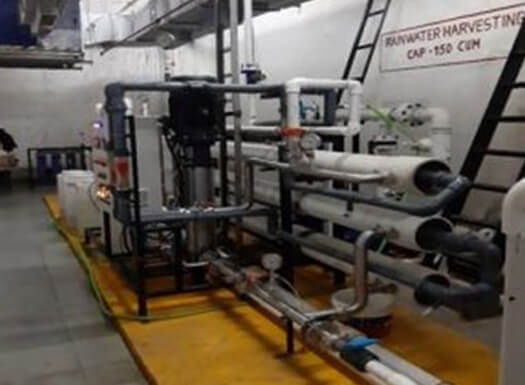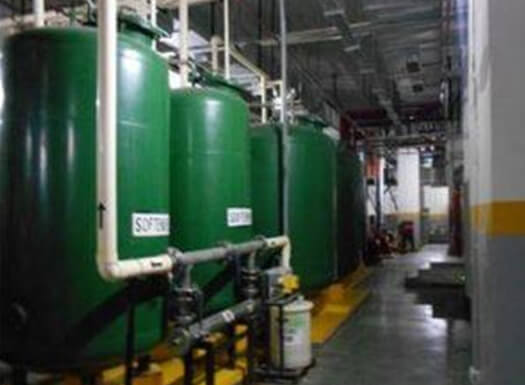In India, more than 600 million people face an acute water shortage. As per 2019 study shared by NitiAayog, about three-quarter households do not have a drinking water facility. Water deficiency also widely impacts GDP of the nation. By 2030, India’s water demand is estimated to be twice that of supply, implying not only water shortages but also a 6% loss in GDP– as stated in the Composite Water Management Index (CWMI 2019) developed by the NITI Aayog. This highlights the importance of structural measures to encourage optimized water usage at both the micro and macro levels.
Economy and business led initiatives to save water encompass two segments. First, leveraging technology to reduce their individual water consumption and second, to contribute to the overall ecosystem by conserving water, through various ESG programs. With the increasing awareness around sustainability, people across the globe are considering lifestyle changes that will leave the least negative impact on planet. The Hospitality industry endeavors to offer the best guest experiences, with unrestricted access to water considered a basic offering. From laundry operations to the swimming pools, ‘luxury’ has not been customarily accompanied with ‘conservation’, but the recent past has seen several interventions, by several sensitized hospitality companies which are being highly appreciated and accepted by today’s responsible and environment conscious consumer.
Optimizing water consumption
Preservation of water in the hospitality industry supports cost optimization and sustainable hotel operations. Some of the initiatives that hotels should undertake are limiting water consumption through aerators in taps, custom designed shower heads in guest bathrooms, as well as installing waterless urinals and sensor-based wash basin taps.
It is crucial not only to invest in training the employees on every day best practices that helps in conserving water, but also consciously sensitizing guests and other stakeholders about preserving this blue gold. Hotels should be mindful of the fact that consumers play an integral role in water conservation. It is necessary for them to create awareness among their guests of the different initiatives undertaken by the hotel to enhance water conservation, and how they can extend support. Adoption of technology and engagement of all stakeholders also leads the way in optimizing water consumption, while driving cost efficiencies in the hotels.
Some more simple but notable policies that can be implemented in the hotels are encouraging guests to opt out of daily bed and bath linen change and replace plastic water bottles with water dispensers during mid-scale and large-scale events.


Rainwater harvesting & water recycling
Hotel properties should have rainwater harvesting systems deployed in their properties and invest in the right technology to recharge ground water and put it to best use.It is ideal if they can follow zero-discharge water policy.Recycling of water should be considered as a priority. STP water for instance can be treated through the deployment of ultra-filtration systems. This treated water can then be re-used for purposes like flushing, gardening, and air conditioning.
The Blue Gold is rightfully named so and is poised to be the most precious commodity going forward with our very existence depending on it. We must do all we can, to ensure it lasts forever.

